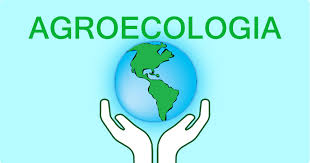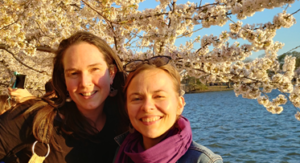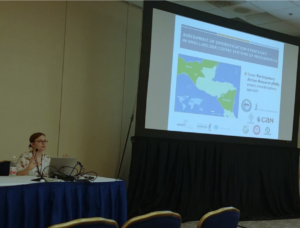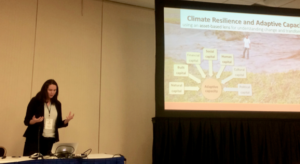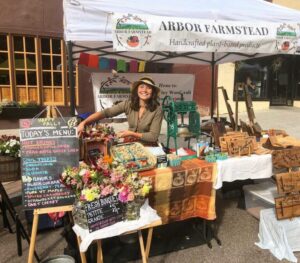UVM Is: Martha Caswell Advocates for Agroecology
Two months ago today, our friend and colleague Martha Caswell was featured in UVM Is for her work in agroecology. Published below is that article by Erica Housekeeper.
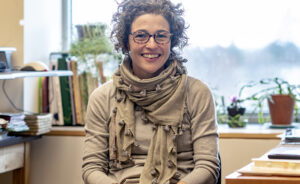
Countries around the world, from Senegal to Brazil and the Netherlands, are embracing agroecology to achieve a more sustainable food system and adapt to climate change. But one place where agroecology has yet to go mainstream is the United States.
Martha Caswell, research and outreach coordinator for the UVM Agroecology and Livelihoods Collaborative (ALC)*. understands that there are challenges that accompany the growth in agroecology. However, she also sees its promise as people around the world are fundamentally rethinking and redesigning food systems, based on agroecological principles.
Agroecology aims to increase the ecological benefits of farming, and bring forward the experience and knowledge of farmers and other food system actors to study and find tangible solutions to some of the toughest challenges facing our food systems. Conserving crop diversity, improving soil health, achieving food sovereignty, and decreasing the distance between producer and consumer are just a few of the principles of agroecology.
“Because of the way agriculture in the United States has been consolidated, a lot of people don’t know where their food is coming from,” she says. “What will it take for that pendulum to swing back?”
UVM’s Certificate of Graduate Study in Agroecology
Caswell and the Agroecology and Livelihoods Collaborative (ALC) are offering a 15-credit Certificate of Graduate Study in Agroecology (CGSA) designed to examine potential pathways toward the sustainable transformation of the current agrifood system by integrating economic, social and ecological perspectives. The first course provides an introduction to agroecology, including an online portion dedicated to theory and framing the issues, and then a week of experiential learning at UVM, focusing on visits to highlight agroecology in action on Vermont farms.
Also highlighting the principles of Participatory Action Research (PAR), the low-residency certificate program guides students to identify critical questions and practice new methods for integrating data from farmers, academics, activists, and policymakers. This approach is used to understand agrifood system issues, as well as search for alternatives with real promise to help resolve issues on the ground.
“One way to start thinking about agroecology is to consider how nature would approach agriculture,” she says. “You’re still looking for high-quality production and caring about yield, but you’re also thinking about maintaining synergy with the natural world.”
A Social Scientist, a Transdisciplinary Approach
Caswell majored in American Culture at the University of Michigan and earned her Master’s in Public Policy with a focus on poverty and inequality at the University of Chicago. She was hired by UVM in 2012, to work as a research specialist for the Department of Plant and Soil Science and took a permanent position with the ALC the following year.
The mission of the ALC, which is part of the Department of Plant and Soil Science, is to co-create evidence and knowledge with farmers, activists and policymakers and to cultivate socially just and ecologically sound food systems. The ALC “community of practice” includes Professor Ernesto Mendez and Lecturer Vic Izzo and both graduate and undergraduate students, in addition to external project partners.
“This isn’t a career path I thought I would be on when I was in graduate school. I’m a social scientist in the middle of the Plant and Soil Science department, but agroecology needs to be transdisciplinary,” she says. “We’re trying to figure out how to look at the ways the various components of agrifood systems interact. Ernesto was trained as an agronomist and is now an agroecologist, I’m a social scientist, and Vic is an entomologist. The good news is that through our community of practice we’ve also attracted students who want to think about things from multiple angles.”
One of the ALC’s current research projects is examining what urban and peri-urban agroecology looks like in Vermont. The partner organizations for this research project are the Intervale Center, New Farms for New Americans, Vermont Community Garden Network, and UVM’s Catamount Farm.
“Agroecology is based on principles, and after working with these Vermont organizations, they have seen that agroecology is something they are already practicing. Now we are looking at where they can deepen what they’re already doing and identifying the best ways to move in that direction,” she says. “At the international level, we see more of a tipping point. But the food system within Vermont also lends itself really well to the idea of agroecology.”
Part of the challenge with agroecology in much of the United States is that industrial farming is a dominant force, she says.
“The agrifood system in the U.S. is definitely structured to favor the industrial model and most policies don’t favor small farms,” she says. “That leaves smallholder farmers in the U.S. trying to figure out where they fit in.”
Progress in Agroecology
A bright spot is that agroecology is starting to open space for women to be recognized for their contributions, she says.
While men have traditionally been motivated by higher yields and income potential, women have focused on protecting against risk, maintaining biodiversity and providing nutritious food for their families.
“The people who have been credited with the first wave of agroecology are all men,” Caswell says. “But recently women have stepped up to say there is no agroecology without us and women are finally being recognized for the work they have always done.”
This happens at the farm and at the University. A recent organization by the name of Alianza de Mujeres en la Agroecología-Alliance of Women in Agroecology (AMA-AWA) is working to support this internationally. Helda Morales, Professor at ECOSUR in Mexico and one of the founders of AMA-AWA, recently visited UVM and invited Caswell to join.
That shift to highlight women’s accomplishments in agroecology, at the farm and the academy, is something Caswell hopes students will find inspiring. If she could give students one piece of advice on how to make progress, it would be that collaboration and listening are necessary for success.
“Be confident in what you know and also aware of what you don’t know. Be ready to listen and try to work on things together,” Caswell says. “When we’re convinced there is only one way, then we are much more likely to end up at a dead end. But when we open up to multiple options, we have a better chance of getting to where we need to be.”
– The “UVM Is” series celebrates University faculty, educators, and the campus community.
*link updated from original article

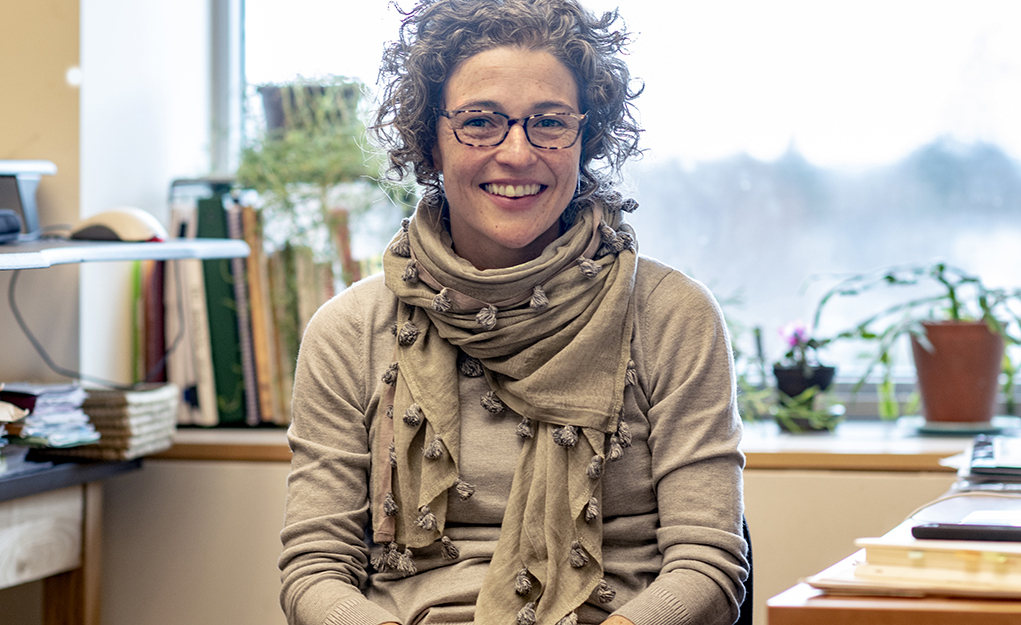
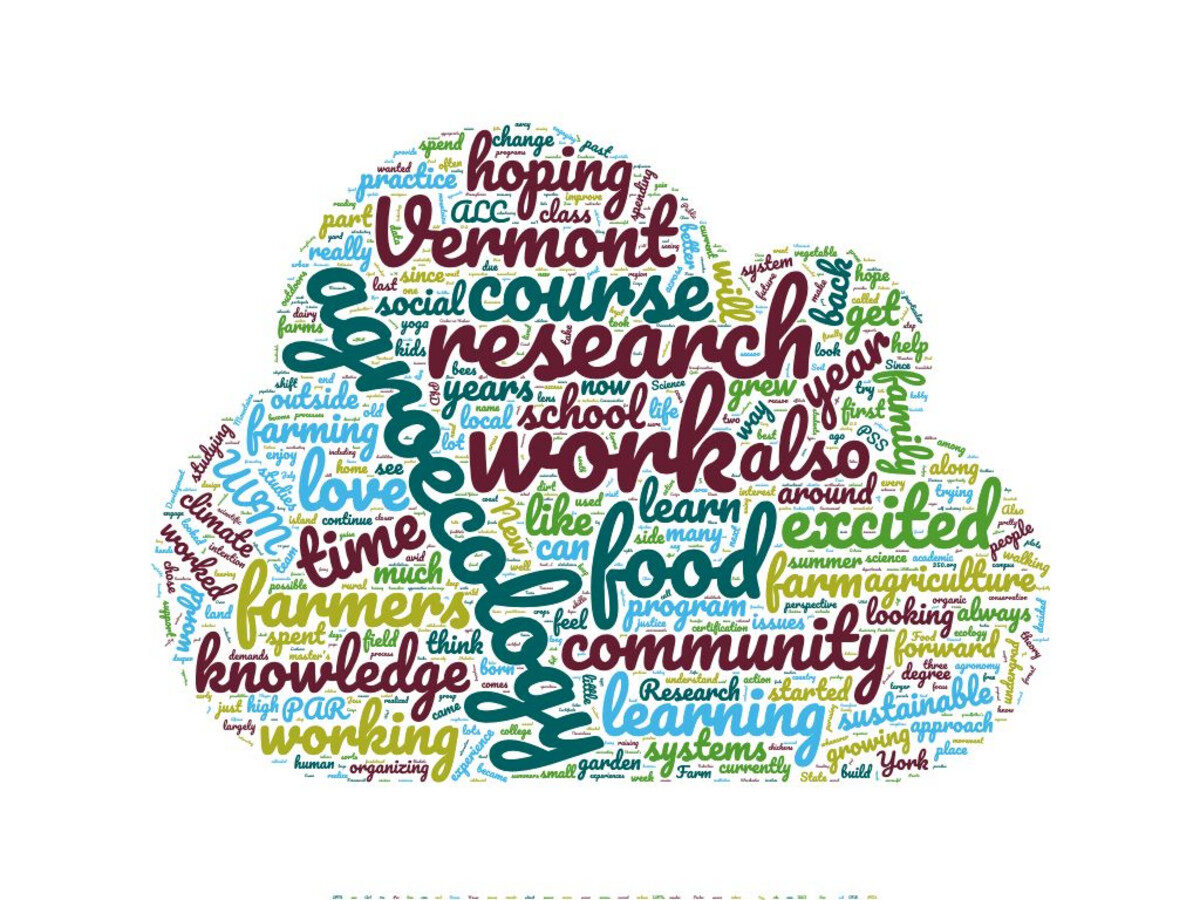

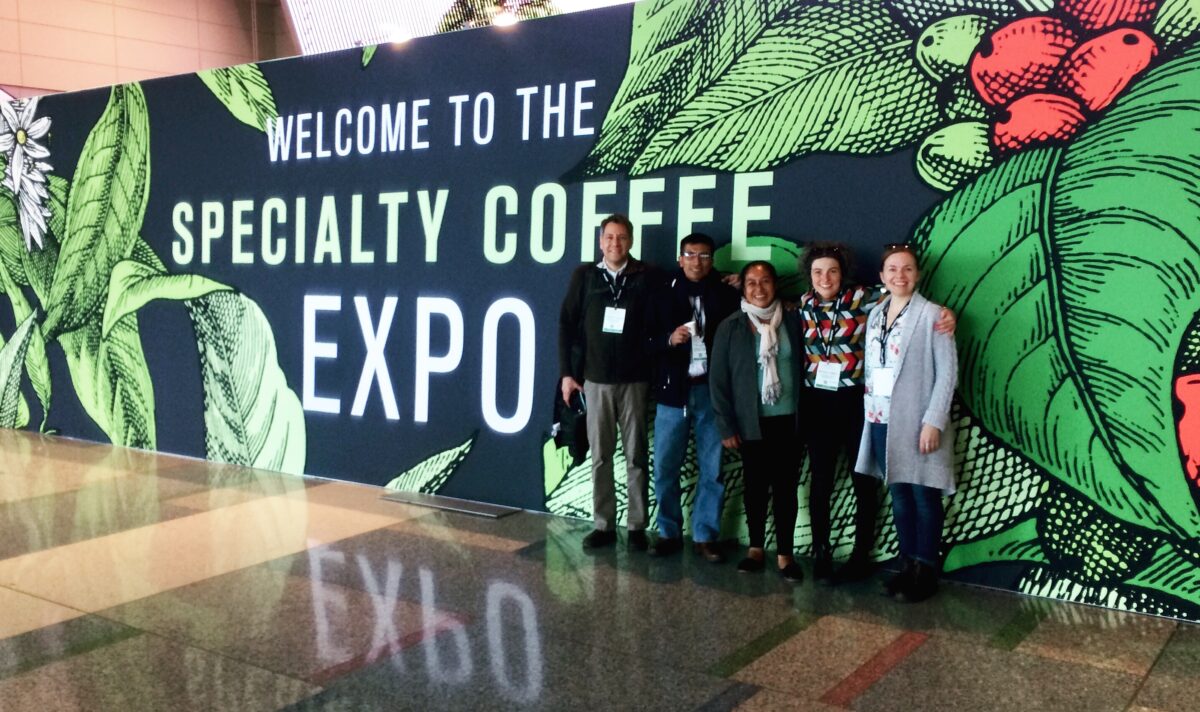
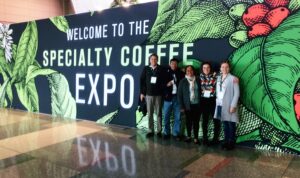
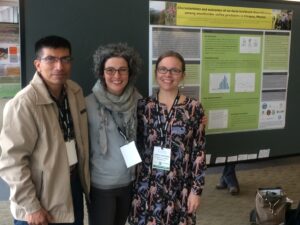
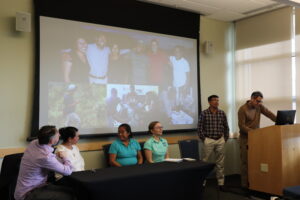
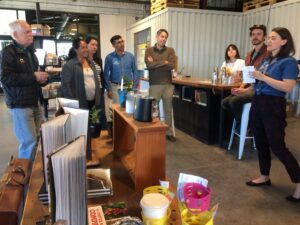
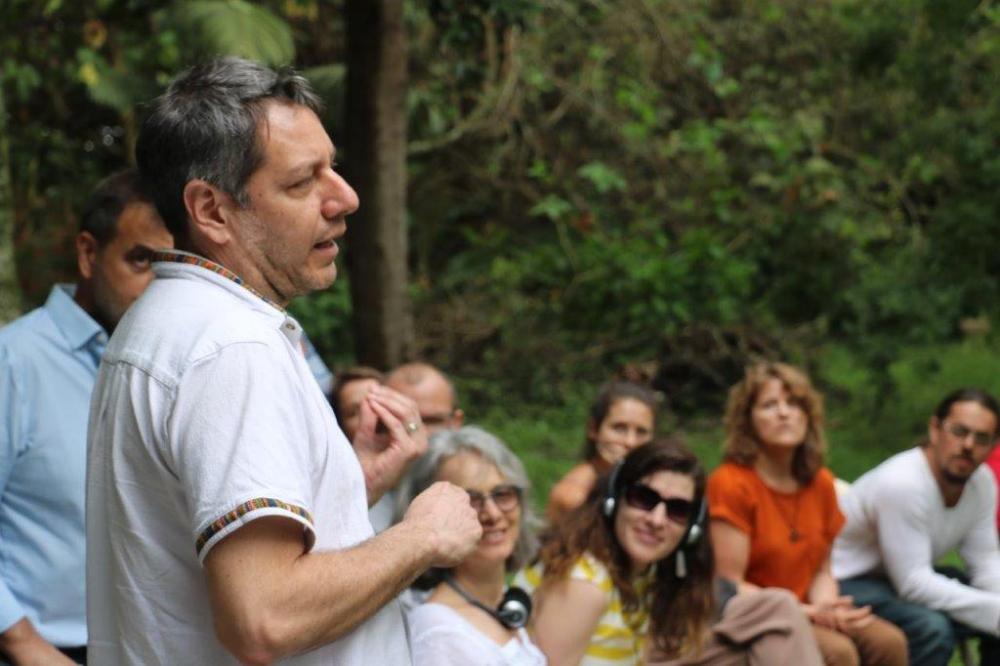
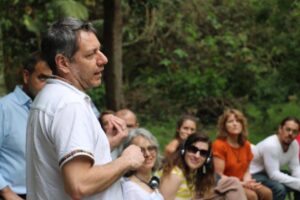

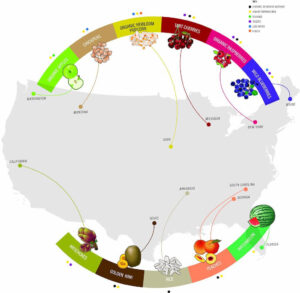 ALC Community member and PhD candidate
ALC Community member and PhD candidate 